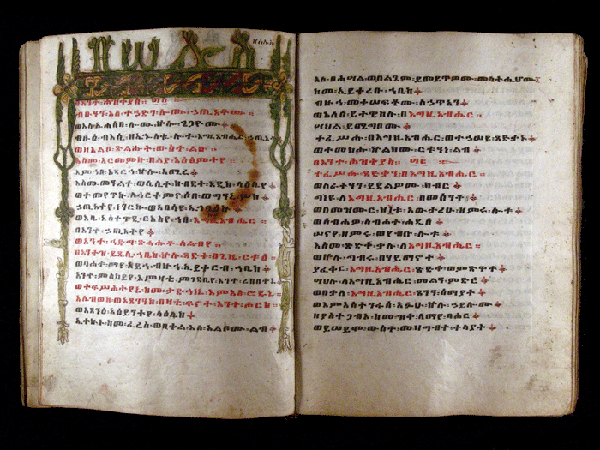What is really wrong with Islam?
How would Rene Girard answer this? He suggests an answer in passing in his book Battling to the End, but I’ll expand on it a bit.
Despite the fact that Islam upholds many truths about the one infinite creator God, its theology and practice on the ground level ultimately does not fundamentally undermine the scapegoat mechanism. This is the demonic machinery that keeps society glued together from age to age by periodically unifying the people against one sacrificial victim. The Gospel of Jesus Christ fatally cripples this system by revealing the victim to be innocent. Unfortunately, Islam ends up keeping it intact.
Islam persist throughout history by keeping its internal fighting to a minimum by the casting out of infidels. On a good day, the infidel just gets run out of town, expelled from the country, or defeated on the battlefield. On a bad day they get their throats slit by a neighbor. This keeps restless men effectively united against a common enemy. But what do you do when your nation is eventually virtually 100% Muslim? Who makes a good scapegoat then?
The answer is: wayward women. Here is the deal though – there usually aren’t enough actual wayward women to sacrifice to keep a lid on things. And so what happens? You have to invent wayward women! Before you may have had a genuine seductress that was sleeping around. But now you go after the daughter that is just suspected of having a boyfriend from the wrong clan. And I don’t mean that she’s been sleeping with him, but only that she’s met him for coffee a couple of times behind her family’s back. When the community in say, a village in Pakistan (where there is little secularized law enforcement) is desperate for a victim, this imaginary wayward woman will do the trick. An “honor killing” is then in order. Women fared better when their brothers were busy fighting in the army.
So who do we scapegoat now in the West? This is largely the function of celebrity worship/hate. While I am writing this, the scapegoat-of-the-week happens to be celebrity chef Paula Dean who was caught behaving badly. About this time a year ago it was Tom Cruise. A couple years before it was Tiger Woods. Whoever happens to be the U.S. President makes a good stand-in sometimes when it’s a slow news day. The folks of Westboro “Baptist Church” seem to enjoy putting themselves at risk.
The thing is, our culture, even though it’s largely secular and post-Christian, has had the scapegoat mechanism so undermined by centuries of the Gospel, that we can’t stomach blood anymore. People want Paula Dean fired, but not lynched. They want to see Obama (or Bush, or David Cameron if your a Brit) impeached, but not actually burnt at the stake in the national mall. Our blood is hidden. The actual lynching doesn’t unify us any more so it has to be kept under wraps. We prefer our enemies to be killed by drone strikes – keeping the executioners hands from smelling of iron. We dump a staggering 3,000+ babies in trash cans every single day, but we work very hard to keep that out of sight.
The Muslims mock our decadence and they are right to. The difference is that deep down, Christianity has the power (via the Holy Spirit and through philosophical tools) to truly, eventually, completely erode the sacrificial order and put and end to it. Our Abrahamic brethren are unfortunately unaccepting of the centrality of Jesus Christ and so the Satanic scapegoat mechanism persists. Of it there can be no end in that world.
As a final note, I will add that Girard warns Christians not to make Muslims their rivals and I wish to echo this. I have absolutely no desire to victimize my Muslim neighbors. To do so would be to fall into a grave trap. One of my daughter’s favorite playmates at school this past year was an Egyptian girl. I wished on several occasions that I could tell her parents that I liked and appreciated them, but words are awkward. All I could bring myself to do was smile and say hello in passing.
I am critiquing Islam in the abstract here. As a Christian, I naturally believe that turning to the worship of Jesus is, in some sense, a cure-all for any situation. When Muslim nations adopt Western human rights laws that, for example, protect women, they are indirectly receiving some side-effects of that cure. On the other hand, when they adopt some of our corrupt banking practices, they are only learning techniques to sweep things under the rug.



